IoT: The Future of Connectivity and Its Transformative Impact
The Internet of Things (IoT) is not just a buzzword; it's a revolutionary technology that's reshaping our world. With its ability to connect billions...
3 min read
Amit Prasad : October 8, 2023
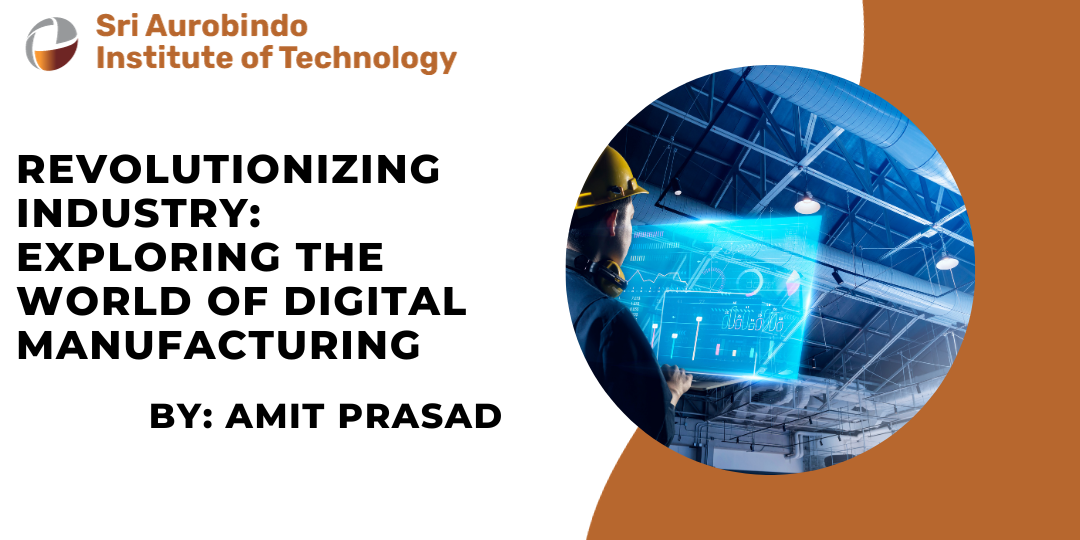
In an era defined by technological advancements, it comes as no surprise that the manufacturing industry is undergoing a significant transformation. Digital Manufacturing, often referred to as Industry 4.0, is reshaping the way products are designed, produced, and delivered.
This blog delves into the exciting realm of Digital Manufacturing, exploring its key concepts, and the future it promises for industries worldwide.
Digital Manufacturing, at its core, is the integration of digital technologies and data throughout the manufacturing process. It encompasses a wide range of technologies and concepts, including the Internet of Things (IoT), Artificial Intelligence (AI), Augmented Reality (AR), and more.
The goal is to create a connected and intelligent ecosystem that optimizes every aspect of manufacturing.
Here's a brief checklist of all the key concepts that are cumulatively part of Digital Manufacturing.
IoT sensors and devices collect real-time data from machines, equipment, and products, enabling manufacturers to monitor performance, detect issues, and make informed decisions.
For example, in a smart factory, sensors embedded in machinery can transmit data on temperature, pressure and performance. This data can then be analysed to predict when maintenance is required, reducing downtime and increasing overall efficiency.
The vast amount of data generated by IoT devices is analyzed using advanced analytics tools. This data-driven approach helps manufacturers identify patterns, improve quality, and optimize production processes.
By crunching massive datasets, companies can gain valuable insights into their operation, leading to data-driven decisions that enhance productivity and quality.
AI is employed for predictive maintenance, quality control, and even product design. Machine learning algorithm can forecast machine failures, optimize production schedules, and enhance product design based on customer feedback.
For instance, AI can analyze historical production data to predict when a machine is likely to fail and schedule maintenance before a breakdown occurs, minimizing downtime.
3D printing is revolutionizing prototyping and production. It allows for rapid customization and reduces material waste, making it a sustainable alternative to traditional manufacturing methods.
This technology enables the creation of intricate and complex designs that were previously challenging or impossible to produce using traditional methods.
Digital twins are virtual replicas of physical products, machines, or processes. They enable manufacturers to stimulate and test designs, predict performance, and troubleshoot issues before physical production begins.
For instance, in aerospace manufacturing, digital twins of aircraft components can be used to stimulate stress tests, reducing the need for physical prototypes.
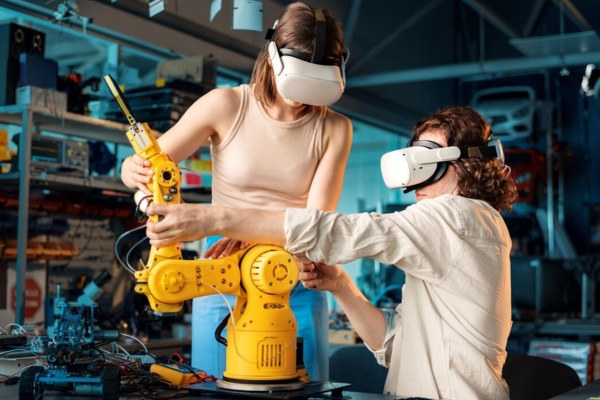
Listed below are some of the major benefits of Digital Manufacturing.
Digital Manufacturing optimizes production processes, reducing downtime and minimizing resource wastage. Real-time data allows for proactive maintenance, preventing unexpected breakdowns.
For instance, in a smart factory, sensors can detect anomalies in machinery and trigger maintenance requests automatically, ensuring that equipment remains operational and efficient.
AI and data analytics help maintain consistent product quality by identifying and rectifying defects in real-time. This leads to higher customer satisfaction and fewer recalls.
For example, image recognition AI systems can inspect products on the production line for defects, ensuring that only high-quality items reach consumers.
Digital Manufacturing enables mass customization. Products can be tailored to individual customer preferences without significantly increasing production costs. This level of customization allows companies to respond quickly to changing consumer demands.
For example, customized sneakers can be produced with unique designs and sizes, meeting the specific preferences of each customer.
Reduced material waste, energy-efficient processes, and streamlined logistics contribute to a more environmentally-friendly manufacturing industry. By optimizing processes and minimizing waste, companies can reduce their carbon footprint.
For instance, additive manufacturing techniques like 3D printing generate less waste compared to traditional subtractive manufacturing methods.
By minimizing waste, improving efficiency, and preventing downtime, Digital Manufacturing can significantly reduce production costs over time. Companies can optimize their supply chains, reduce labor costs through automation, and make more informed decisions, all of which contribute to cost savings.
As technology continues to advance, the future of Digital Manufacturing looks even more promising. here are some more exciting developments to look forward to.
Smart Factories: Fully connected factories where machines communicate with each other with central systems to autonomously make decisions and optimize processes. In smart factories, production lines can adapt to changes in demand, improving efficiency and reducing lead times.
5G Connectivity: Faster and more reliable communication networks will enable real-time data processing and remote control of manufacturing systems. With 5G, manufacturers can achieve low-latency communication, making it possible to operate machinery remotely or enable real-time quality control from anywhere in the world.
AI-Driven Design: AI algorithms will play a more significant role in product design, creating products that are not only functional but also highly efficient and sustainable. For example, AI can suggest design modifications to reduce material usage while maintaining product integrity.
Blockchain for Supply Chain: Blockchain technology will enhance supply chain transparency, ensuring the authenticity and traceability of products. This will be especially crucial for industries like food and pharmaceuticals, where product provenance and quality assurance are paramount.
Augmented Reality (AR) and Virtual Reality (VR): These technologies will be used for employee training, remote maintenance support, and virtual simulations of productions processes. AR and VR can provide workers with real-time information and guidance, improving productivity and reducing errors.
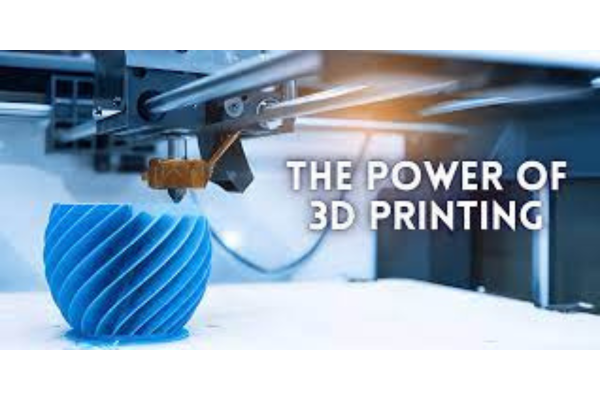
Digital Manufacturing is at the forefront of the Fourth Industrial Revolution, ushering in a new era of efficient, customizable, and sustainable manufacturing. As technology continues to evolve, embracing digital transformation in manufacturing will become increasingly crucial for staying competitive in the global market.
By leveraging the power of data, AI, and advanced technologies, industries can achieve greater efficiency, quality, and innovation in their manufacturing processes.
The future is digital, and those who embrace it will reap the rewards of a more connected and intelligent manufacturing ecosystem. With the potential to enhance efficiency, reduce costs, and minimize environmental impact, Digital Manufacturing holds the key to a brighter future for industries around the world.
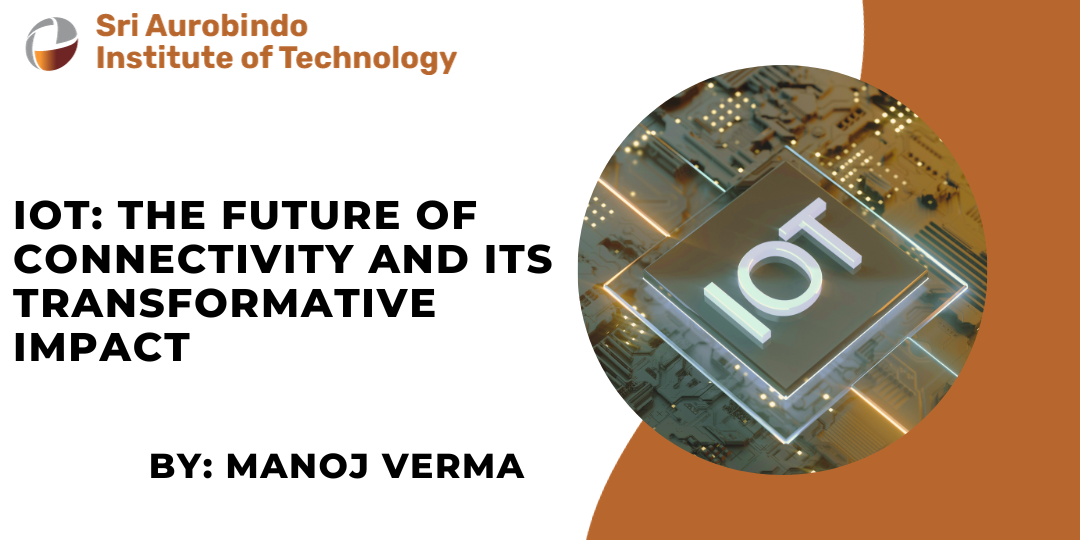
The Internet of Things (IoT) is not just a buzzword; it's a revolutionary technology that's reshaping our world. With its ability to connect billions...
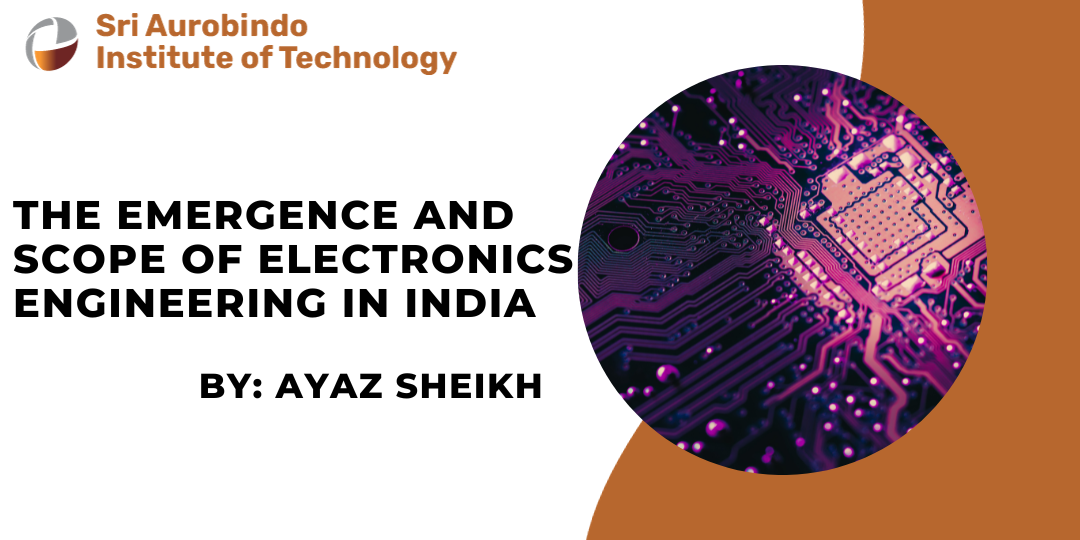
Electronics engineering in India has transformed from a nascent sector to one of the most dynamic and promising fields in recent years. This...
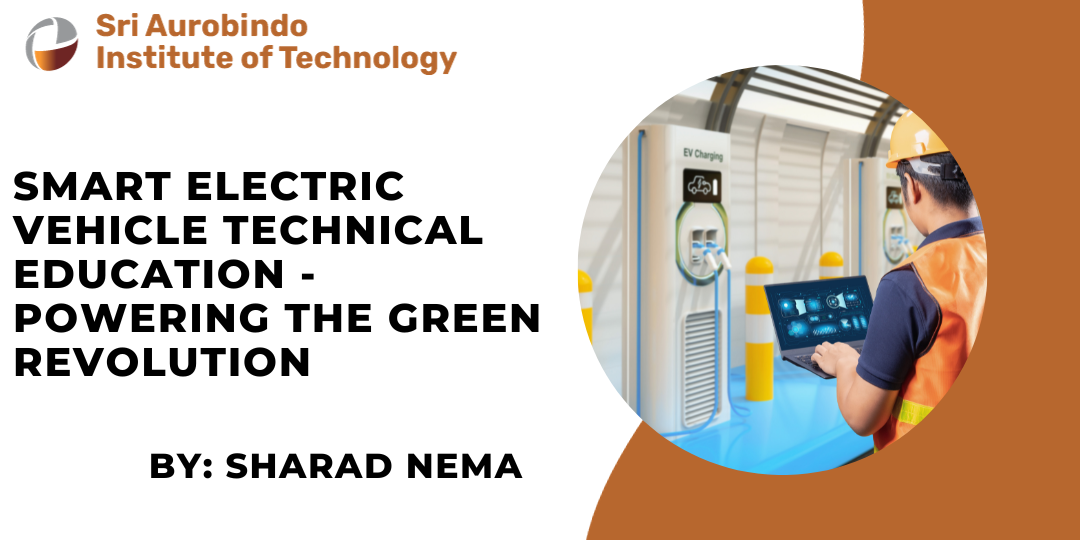
The automotive landscape is witnessing an unprecedented shift, with electric vehicles (EVs) heralding a new era of sustainable transportation.